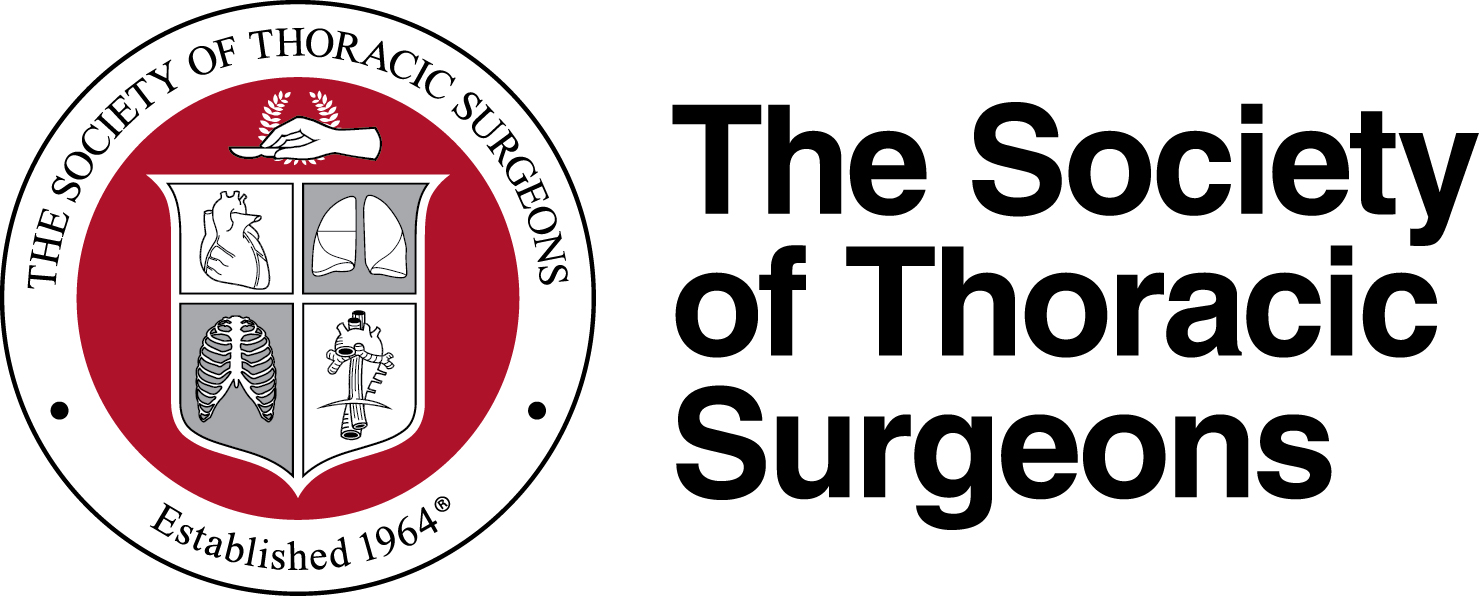Patients requiring bypass surgery should immediately quit smoking
Key Points
• Smoking causes dysregulation of enzymes in leg vein used for coronary bypass grafts.
• Smoking cessation does not completely return vein health to normal, even after 1 year.
• Patients who may require bypass surgery should stop smoking immediately to help preserve health and function of graft.
Newswise — Chicago—Smoking cessation even a year prior to coronary artery bypass grafting (CABG) surgery does not fully normalize the changes smoking has made to the saphenous (leg) veins used for the surgery and may lead to later graft failure, according to a study published in the January 2013 issue of The Annals of Thoracic Surgery.
Sun Yongxin, MD and colleagues from Zhongshan Hospital at Fudan University in Shanghai, China, analyzed heart surgery outcomes in 208 patients undergoing elective CABG surgery. After dividing the patients into six groups based on the current quantity smoked and previous smoking status, the researchers found that heavy smoking noticeably increased matrix metalloproteinase enzyme levels in the saphenous vein. These enzymes have been linked to vein graft failure.
The researchers also found that while dysregulation of enzymes may gradually normalize after smoking cessation, a noticeable vein recovery needs at least 6 months, and vein enzymes do not completely return to normal levels even after 1 year.
“Although recovery after smoking cessation appears somewhat disappointing, it illustrates exactly the importance of prompt smoking cessation for patients who will receive CABG,” the researchers wrote.
The ultimate goal of CABG is to achieve complete revascularization with conduits that will remain open for the duration of the patient’s lifetime.
About 1.1 billion people— one in every three adults—are smokers, according to the World Health Organization. China is the world’s largest producer and consumer of cigarettes with more than 350 million residents reporting being current or former smokers.
Understanding Smoking’s Effects May Lead to Treatment ChangesGreater saphenous vein grafts are the most commonly used vessels for CABG surgery. Although the study identifies smoking as a significant risk factor for vein graft failure, the exact mechanisms of this relationship are not entirely understood.
“[This study] may provide the evidence for encouraging the use of more arterial grafts [rather than vein grafts] when heavy smokers undergo CABG,” wrote the authors.
In an accompanying invited commentary in The Annals, Shahab A. Akhter, MD, from the University of Chicago Medicine, said understanding more about how enzymes affect the durability of saphenous vein grafts may lead to new therapies for heart surgery patients with a history of smoking.
In the meantime, Dr. Akhter promoted the value of not smoking. “Smoking cessation is important to maintain cardiovascular health in a preventative manner and also to maximize the results of bypass surgery in patients who will benefit from this operation,” he said.
Editor’s note: The study was supported by a grant from the Shanghai Medical Development Research Fund.
###
For a copy of the study, contact Amy Jenkins at 312-202-5865 or e-mail [email protected].
Founded in 1964, STS is a not-for-profit organization representing more than 6,500 cardiothoracic surgeons, researchers, and allied health professionals worldwide who are dedicated to ensuring the best possible outcomes for surgeries of the heart, lung, and esophagus, as well as other surgical procedures within the chest. The Society’s mission is to enhance the ability of cardiothoracic surgeons to provide the highest quality care through education, research and advocacy.
The Annals of Thoracic Surgery is the official journal of STS and the Southern Thoracic Surgical Association.
MEDIA CONTACT
Register for reporter access to contact detailsCITATIONS
The Annals of Thoracic Surgery (January, 2013)

